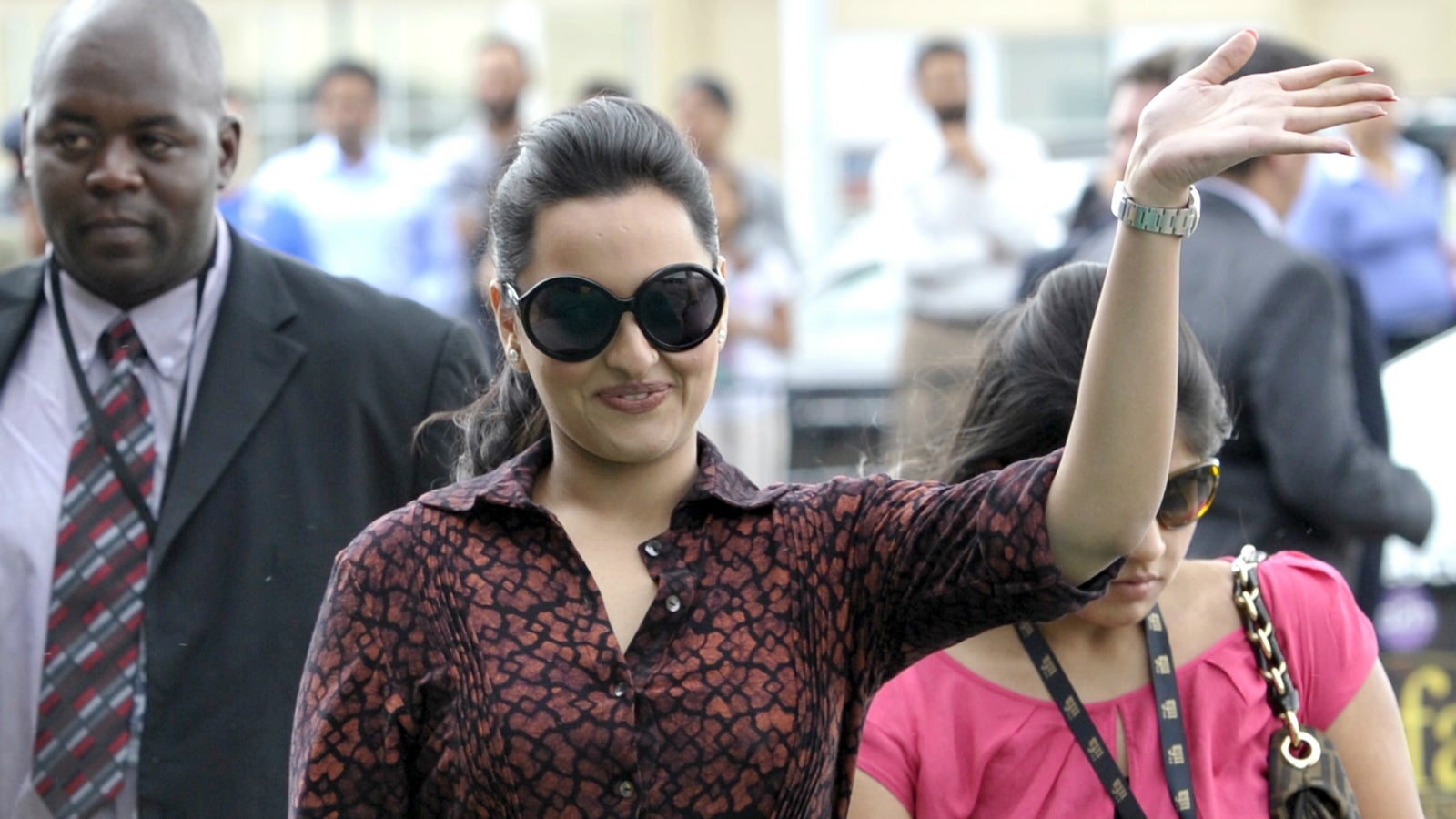The brutal, sexist harassment Bollywood actresses face on Twitter
Last month, at the launch of her debut book Mrs. Funnybones, actor-turned-writer Twinkle Khanna had a fitting analogy for Twitter trolls.


Last month, at the launch of her debut book Mrs. Funnybones, actor-turned-writer Twinkle Khanna had a fitting analogy for Twitter trolls.
“Cockroaches,” she quipped to director Karan Johar’s the-first-thing-that-comes-to-your-mind question.
“You spray Hit (an insect killer), they come squirming out, and then you kind of stamp on them happily,” Khanna explained.
Unfortunately, for many Indian female celebrities, this stamping isn’t a particularly “happy” experience.
In the last few months, many actresses have been brutally attacked on Twitter for voicing opinions on political or civic issues. While male actors are also harassed by trolls, women face a more vicious backlash, where everything from their intellect and physical appearance to sexual history and family comes under the scanner.
“Of course, they are very, very gendered,” women’s rights activist Kavita Krishnan told Quartz.
“Trolls are losers who get some sort of vicarious pleasure out of doing this. It helps them that they can just be anonymous,” said Krishnan. “They enjoy the impunity, and so are able to be vile and vicious without consequences.”
Latest victims
Earlier this week, two Bollywood actresses—Sonam Kapoor and Sonakshi Sinha—became the victims of sexist comments on Twitter after they tweeted about a four-day ban on selling meat in Mumbai.
Sonam Kapoor wrote:
Soon after, Kapoor became a butt of unpleasant jokes as Twitter users criticised her for calling the ban on meat “misogynistic.” In fact, many, who were enraged until then with the real issue of the ban, shifted focus on Kapoor’s one tweet.
Kapoor then sent out an angry tweet to qualify her earlier remark:
But the online harassment continued.
Then, the attention of Twitter trolls was diverted by another actor, Sonakshi Sinha. “This is a free country! Welcome to BAN-istan… I meant india.. Stupid autocorrect,” she tweeted.
The comments against her were downright derogatory.
Serious matter
Typically, if a female celebrity’s tweet challenges the political establishment, expect some sort of vicious retort.
Earlier this year, actor Shruti Seth became a victim of savage trolling on Twitter after she commented on prime minister Narendra Modi’s Selfie With Daughter campaign.
She had tweeted, “A selfie is not a device to bring about change Mr. PM Try reform.”
“Those defending the #selfie plan by the PM FYI change is needed in the illiterate parts where ‘no front facing camera phones exist’. Think,” she further added.
These statements led to a barrage of accusations and swearing, particularly from Bharatiya Janata Party supporters and Modi loyalists. She was called a “dumb actor”, an “AAPtard” (a portmanteau of AAP, or the Aam Aadmi Party, and a retard), a “prostitute”, and a “bitch.”
Angry and disappointed, she posted this note on Twitter after two days of attack:
The tweets were targeted at me, my family, my ‘Muslim’ husband, my 11 month old daughter and, of course, my non-existent, dwindling, no-good career as an actor…
Men and women alike said the most vile things about me, stripping me of all my dignity as someone’s daughter, wife and mother and most importantly a woman. Men who were busy hash-tagging their selfies with their daughters one minute called me slanderous names the next. Asked me if I knew who my real father was. Questioned if I had been sexually abused as a child and hence was opposed to the idea of a selfie with my father. And these are the relatively polite ones. Well done, gentlemen. Your daughters must be so proud.
Women, who are meant to empower each other, asked me if I was a prostitute and if I was planning on doing the same with my daughter. Whether I was trying to gain some fame and resurrect my failed career by using the prime minister’s name. I shudder to think of the deep respect your sons will have for the opposite sex.
And sometimes, it doesn’t even need a tweet for Indian actresses to get trolled on social media.
In March, Indian cricketer Virat Kohli’s lacklustre performance at the World Cup semi-final match was blamed on Bollywood star and his girlfriend Anushka Sharma, and everything from her sex life to her movie career was attacked by trolls.
The increasingly abusive language and derogatory tone against women on Twitter perhaps reflect India’s mentality towards women.
“Basically, it’s a question of you are a woman, what do you understand about politics? You do what you are good at, go act, cook something in the kitchen, stop trying to comment on things which are beyond your reach,” Seth said in an interview to Rediff.com.
And it is time, this stops—by shaming the trolls. “You need to make it politically costly for them, so there should be a mechanism for warning them, and then suspending their accounts,” said Krishnan.
Seth agrees. “It escalated because I replied. But that’s something all women should do. There is a time for grace and there is a time for dignity and, sometimes, there is a time to fight,” she said in the interview to Rediff.com.
“We should never back down from that fight. Don’t let them win. Don’t let them bully you.”
We welcome your comments at [email protected].